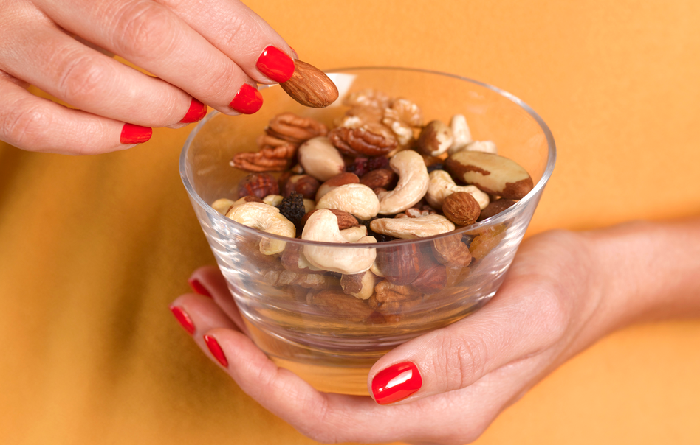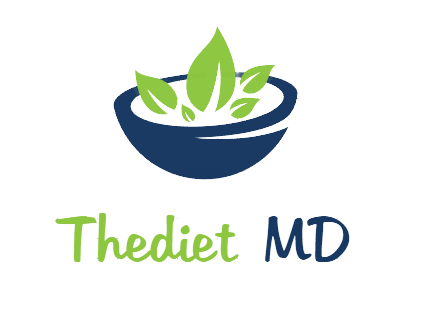The peanut ( Arachis hypogaea ), also known as peanuts, peanut caguate. One of the most consumed nuts in the world and with nutritional benefits for our health that you may not have known about.
Table of Contents
What is peanuts?
Today it is one of the most popular nuts for its pleasant taste and nutritional properties .
Some say that peanuts really are a legume. However, because it has all the properties of nuts such as cashews , almonds, macadamia nuts , etc., it is included in the family of nuts and more specifically within the group of neutral fruits .
Origin of peanuts
According to historical reviews and archaeological research, it is known that the origin was in the Inca culture where the peanut began to be used and this seed spread throughout the American continent .
It was after the colonization of America that this fruit began to be consumed in Europe and Africa.
Where are peanuts produced?
It is an edible seed from the arachis hypogaea plant . The cultivation of arachis hypogaea today is carried out in tropical and subtropical regions in practically the whole world, either in its natural climate or with greenhouses.
At present, peanuts are a food grown and produced in China , although this food follows the following order of production in countries that can grow this type of food:
- Outstanding cultivation in China, given its volume.
- Cultivation in India
- Due to the climatic characteristics, this type of cultivation also exists in Africa, more specifically in Nigeria.
- There are other countries where this type of cultivation is carried out, including the United States, Sudan, Tanzania, Myramar, Indonesia, Argentina and Senegal.
- In Spain it is grown mainly in the regions of Valencia, Malaga and Huelva.
How do you eat peanuts?

It can be eaten in different ways . It is quite usual to eat them roasted, baked, raw, with lemon and salt, on toasted bread like butter or in flour.
It is also very common to find them fried. However, although this process deteriorates their properties and makes them indigestible, it may be the preferred way of eating them for many people.
In addition, they can be found processed and seasoned with salt, chili and even lemon flavored . Either way, roasted peanuts are delicious.
It is also consumed in preparations and recipes. A widely used preparation is peanut butter. We recommend that you pay special attention that this cream is only peanut-based without any additives.
Peanut butter is delicious spread on toast, on other fruits such as apples or in different recipes. For example, we can use this noble food as the base of a dressing, to make cakes, chocolates, ice creams or more nutritious and satisfying shakes.
How much peanuts can I eat?
A good handful of peanuts helps us curb our appetite and they are ideal to consume between meals. Likewise, moderate consumption brings us many benefits. They are an excellent source of vegetable protein, fiber, vitamins, and minerals.
It is ideal to eat them curd without frying them and without extra salt. In this way, it provides us with the maximum nutritional benefits for our health.
Also, peanuts are high in fat. For this reason, moderation is key to eating this nut in a healthy way. With a handful of this dried fruit a day (approximately 15 units), we take advantage of all the benefits it brings us in a balanced way.
Uses of peanut shells
Peanut shells are not food for people. The useful lives for the peanut shell after being recycled could be several.
A good number of businesses have emerged that are responsible for recycling these shells. They also sell them as food for livestock or poultry, organic fertilizer (compost), material to make ecological bricks , fuel (biomass). Also, as a detergent (among many other uses that can be given to the peanut shell).
Peanut properties
Peanuts provide us with various nutrients of high nutritional value. In this way, it provides us with 26% protein of vegetable origin, vitamin B1, E and niacin. It is one of the fruits that has the most protein.
Peanuts are especially rich in potassium and low in sodium , as long as no salt is added. It contains significant amounts of phosphorus, calcium, magnesium, and iron. These foods, I mean nuts and especially peanuts, have many benefits for people’s health.
Thanks largely to its strong and unmistakable flavor, this nut has become a widely consumed product by many people around the world with important health benefits.
Its nutritional value is impressive, not only is it rich in fiber , but it contains 13 vitamins and 26 minerals , although it is certainly high in fat and has more calories than sugar.
Peanuts are a natural multivitamin , as it contains B vitamins, niacin, riboflavin, thiamine, pantothenic acid, and vitamin E , among others.
And as for minerals, as we have already talked about, it is rich in potassium, manganese, copper, calcium, magnesium, iron, selenium and zinc.
Also, the skin of peanuts provide antioxidants. For this reason, we recommend whenever possible, eat peanuts with skin.
Average nutritional value per 100 grams of peanuts
| Energy | 567 kcal |
| Protein | 25,7 g |
| Fat | 49,26 g |
| Saturated fat | 6,83 g |
| Polyunsaturated fat | 15,56 g |
| Monounsaturated fat | 24,43 g |
| Carbohydrates | 16,12 g |
| Fiber | 8,4 g |
| Sugar | 3,96 g |
| Sodium | 18 mg |
| Potassium | 704 mg |
Peanut benefits

The peanut or peanut, thanks to all its nutrients and the large amount of vitamins and minerals is a good food to include in our diet.
We always recommend moderating the amount of salt we put in peanuts, as it can affect high blood pressure or heart disease. In addition, the Spanish heart foundation recommends not exceeding 5 grams of salt a day in order to lead a healthy life.
Therefore, it is recommended to consume it frequently as it is already done around the world and with undoubted health benefits.
1. Helps lower cholesterol
Peanuts help lower bad cholesterol and increase good cholesterol because they contain monounsaturated and polyunsaturated fats. These types of fats are healthier than saturated fats.
In addition, especially the phytostanols that peanut oil contains, contributes to the absorption of cholesterol in our digestive system.
2. An ally of our circulatory system
Peanut consumption helps reduce the risk of heart disease. Also, diseases related to the nervous system due to a polyphenolic antioxidant, resveratrol.
In addition, it intervenes in fighting viral or fungal infections efficiently.
Again, resveratrol in peanuts is a good nutrient for your heart that helps you by increasing nitric oxide production.
The manganese is in many foods but in the case of peanuts involved in the absorption of calcium, better metabolize fats and carbohydrates, regulating the level of blood sugar.
3. Nutritional benefits for the skin
Being rich in revesterol, peanuts are a powerful ally in the fight against aging , especially because it protects the skin from free radicals with its vitamin E.
It has a high value in riboflavin. Among the properties and benefits of vitamin B2 or Riboflavin we can highlight its importance in the production of healthy red blood cells.
In addition, the riboflavin that this dried fruit possesses participates in the processes of cellular respiration, liver detoxification , embryo development and maintenance of the nerve envelope.
It is also involved in growth and reproduction, and improves the condition of the skin, nails and hair.
Contraindications
These nuts are a good ally for our health and for a healthy diet. However, there are some precautions that we must take into account.
1. Peanut allergy
It is a food that is quite common to see it in the group of allergens. Anyone who suffers from this type of joy should avoid any contact with this food at all costs, since its effects are very high.
2. Excess salt
As we have already explained, excess sodium can be a problem for our health. In the case of this dried fruit, it is very common to eat it roasted and with salt. For this reason, we have to be careful with excess.
Conclusions
In conclusion, speaking of peanuts, we find a very popular dried fruit that we probably did not take into account all its properties. As a consequence, it is an ideal ingredient to include in our diet.
My name is Ellie Lauderdale, MD and I am USA based professional Nutritionist .
I am a Registered Dietitian Nutritionist and board certified specialist in sports dietetics who is trained in integrative medicine. I have worked with hundreds of clients, from those suffering with chronic disease to professional and olympian athletes. My goal is to help optimize you from the inside so that you can feel, perform, and look your best on the outside.


